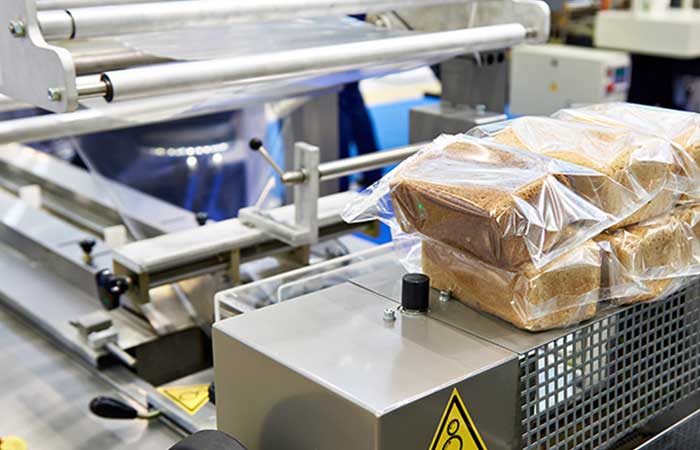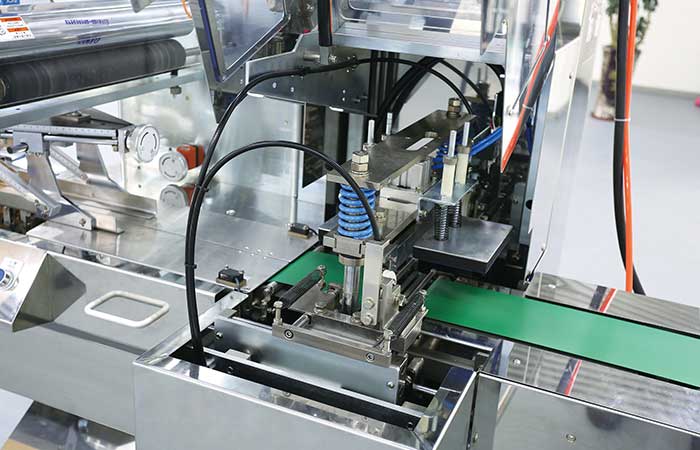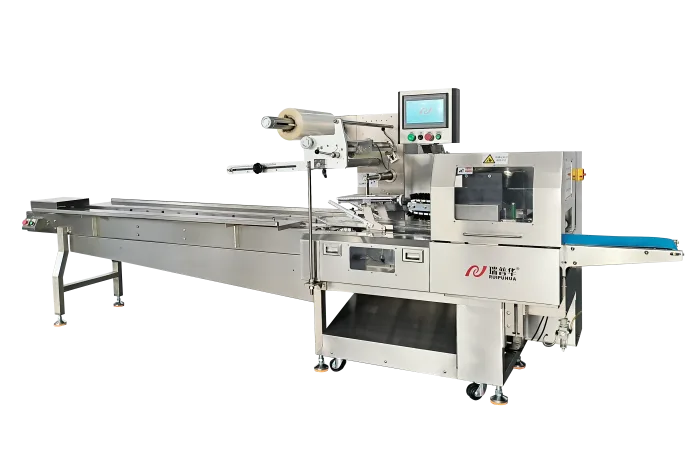Revolutionizing Food Packaging: The Future of Automated Packing Machines
The Evolution of Food Packaging Machines
In the realm of food processing, automation has played a pivotal role in shaping the industry’s efficiency and reliability. A crucial component of this automation is the food packing machine— a versatile device that streamlines the packaging process while ensuring product quality and consistency.
Traditionally, food packaging was a labor-intensive task, requiring manual intervention at various stages. However, with technological advancements paving the way for automated solutions, the landscape has witnessed a profound transformation.
Enhancing Efficiency with Automated Food Packing Machines
The integration of cutting-edge technology in food packing machines has revolutionized the way products are packaged and distributed. These machines are equipped with sophisticated sensors and controls that optimize the packaging process, resulting in higher throughput rates and minimal wastage.
Moreover, the scalability of automated food packing machines makes them ideal for businesses of all sizes, from small-scale producers to large manufacturing facilities. By leveraging these machines, companies can enhance their operational efficiency and meet the ever-growing demands of the market.
Ensuring Product Safety and Quality
Food safety is a top priority for both producers and consumers, and automated packing machines play a crucial role in upholding these standards. With features such as temperature control, vacuum sealing, and tamper-evident packaging, these machines ensure that products remain fresh and protected throughout the supply chain.
Additionally, the precision offered by automated packing machines minimizes the risk of human error, thereby guaranteeing consistent product quality and reducing the likelihood of contamination or spoilage.
The Sustainability Angle
As the world moves towards more sustainable practices, food packing machines are also adapting to meet the growing demand for eco-friendly solutions. Many manufacturers are incorporating recyclable materials and energy-efficient technologies into their machines, thereby reducing their carbon footprint and contributing to a greener future.
Furthermore, the automation of packaging processes results in optimized resource utilization, leading to reduced wastage and operational costs. This not only benefits the environment but also enhances the overall sustainability of the food industry.
Future Prospects and Innovations
The future of food packing machines is brimming with exciting possibilities. From artificial intelligence-driven systems that optimize packaging configurations to robotic arms that enhance efficiency, the innovations in this field are set to redefine the way we package and consume food in the coming years.
By embracing these advancements, businesses can stay ahead of the curve and cater to the evolving needs of consumers while maintaining a competitive edge in the market.
In Conclusion
Automated food packing machines have undoubtedly reshaped the food packaging landscape, offering unparalleled efficiency, safety, and sustainability benefits. As we look towards the future, the continued innovation and adoption of these machines will play a crucial role in driving the industry forward and meeting the demands of a rapidly changing world.
-
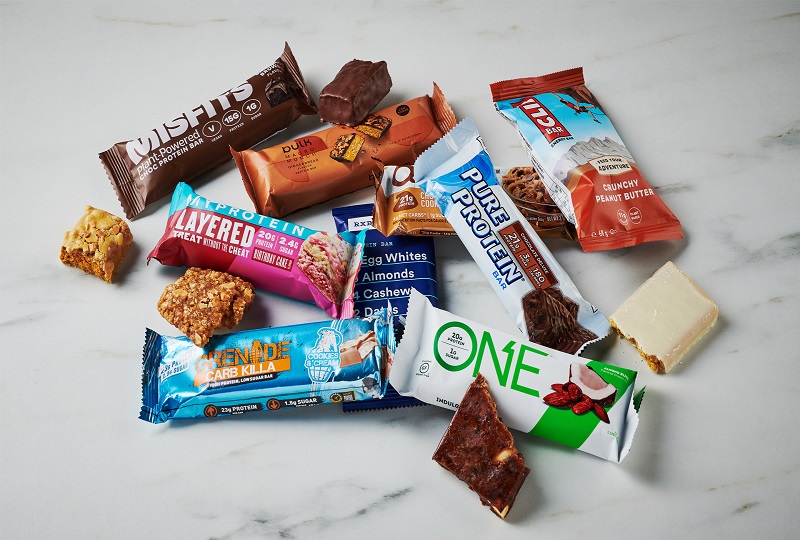 01
01Further Discussion About Protein Bar Packing Machinery
27-02-2024 -
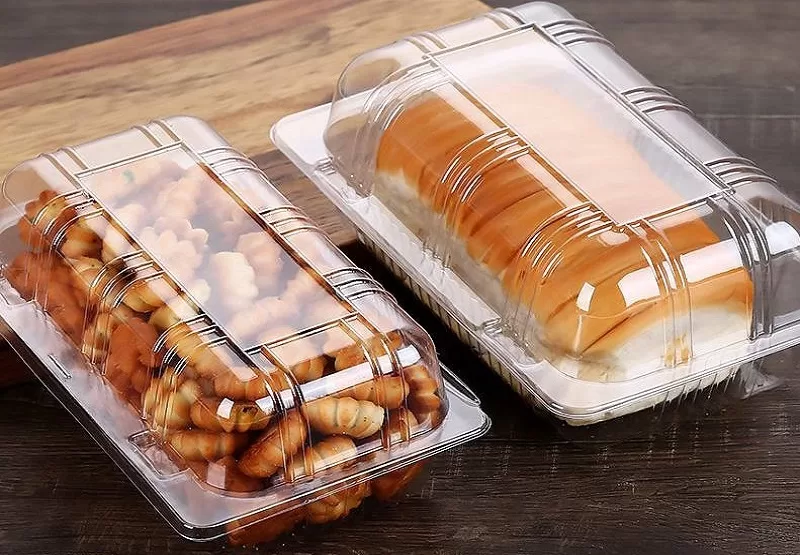 02
02Sustain The Best Crispy With Automatic Packaging Machines
29-01-2024 -
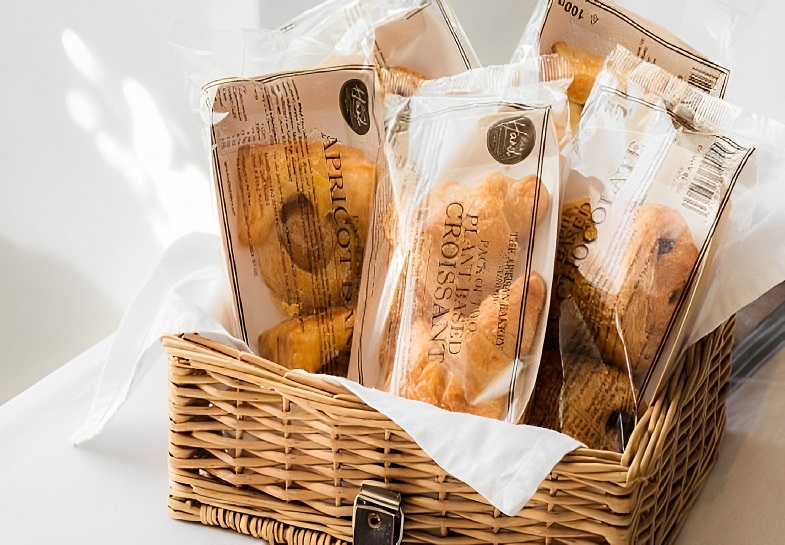 03
03Bread Packing Machine For Bakery Business
19-01-2024 -
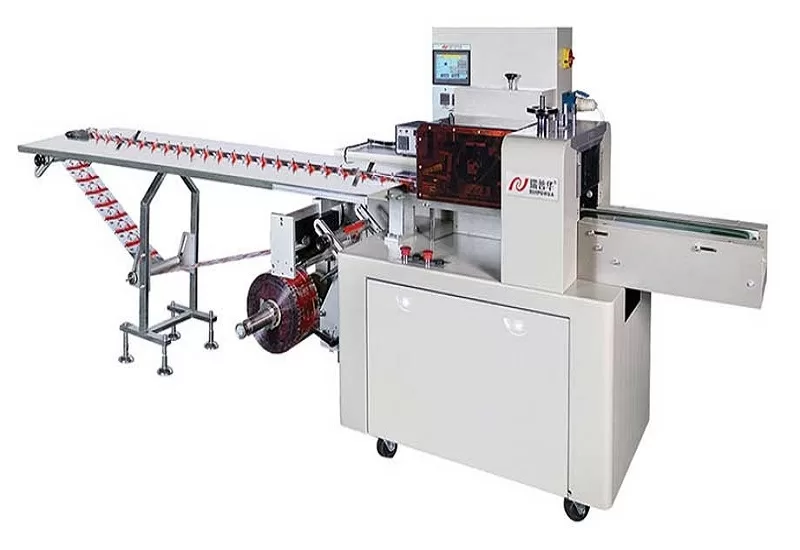 04
04How Flow Wrappers Are Adapting to Changing Trends
01-11-2023 -
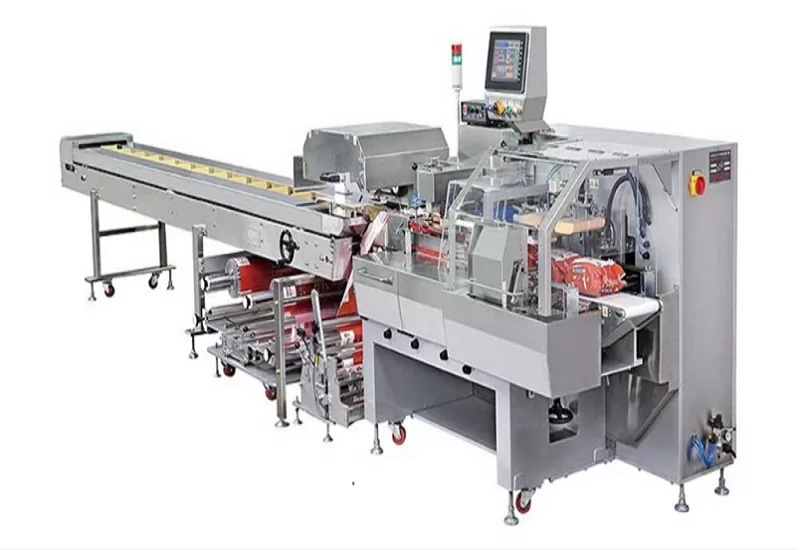 05
05The Comprehensive Guide to Packaging Machinery
31-10-2023 -
 06
06Automatic Cookie Packaging System Performance
01-09-2023 -
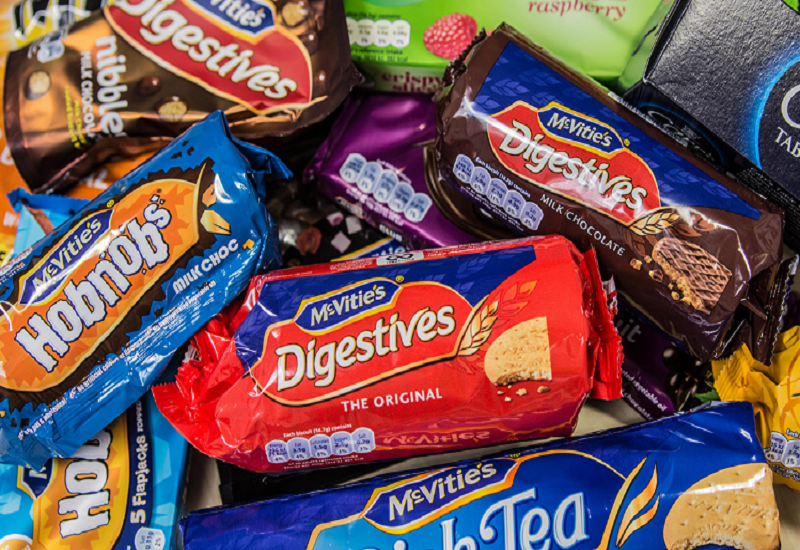 07
07Streamlining Biscuit Packaging with Multipack Biscuit Packaging Machines
25-08-2023 -
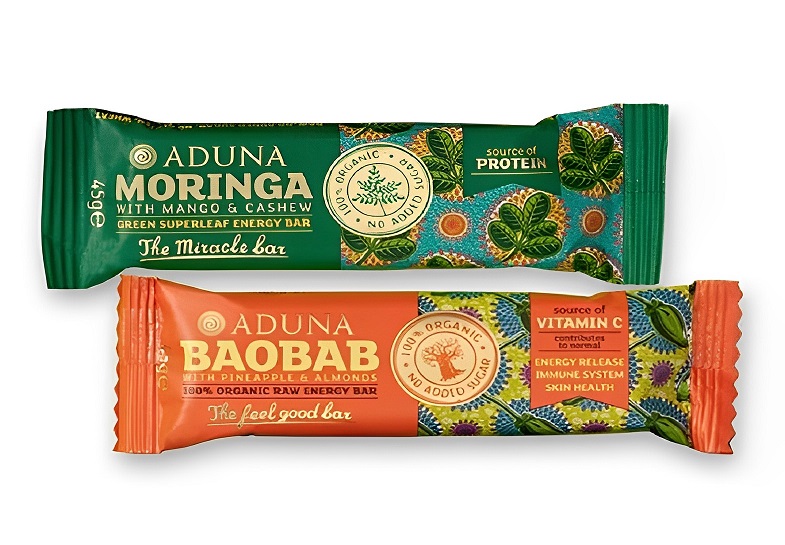 08
08From Assembly To Shipping: The Energy Bar Packaging Machine Does All
28-02-2023 -
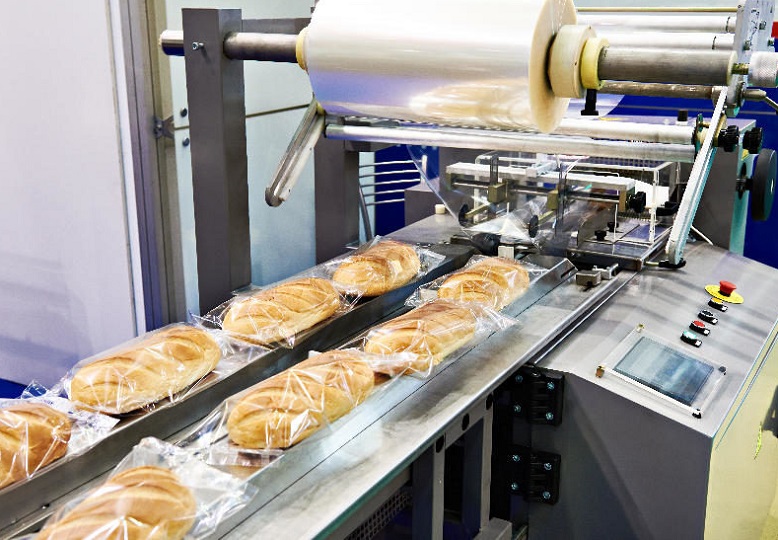 09
09Maximizing Efficiency With Food Packaging Machine Technology
22-02-2023 -
 10
10Clients Hunt For Professional And Functional Packaging Machine
10-11-2022



